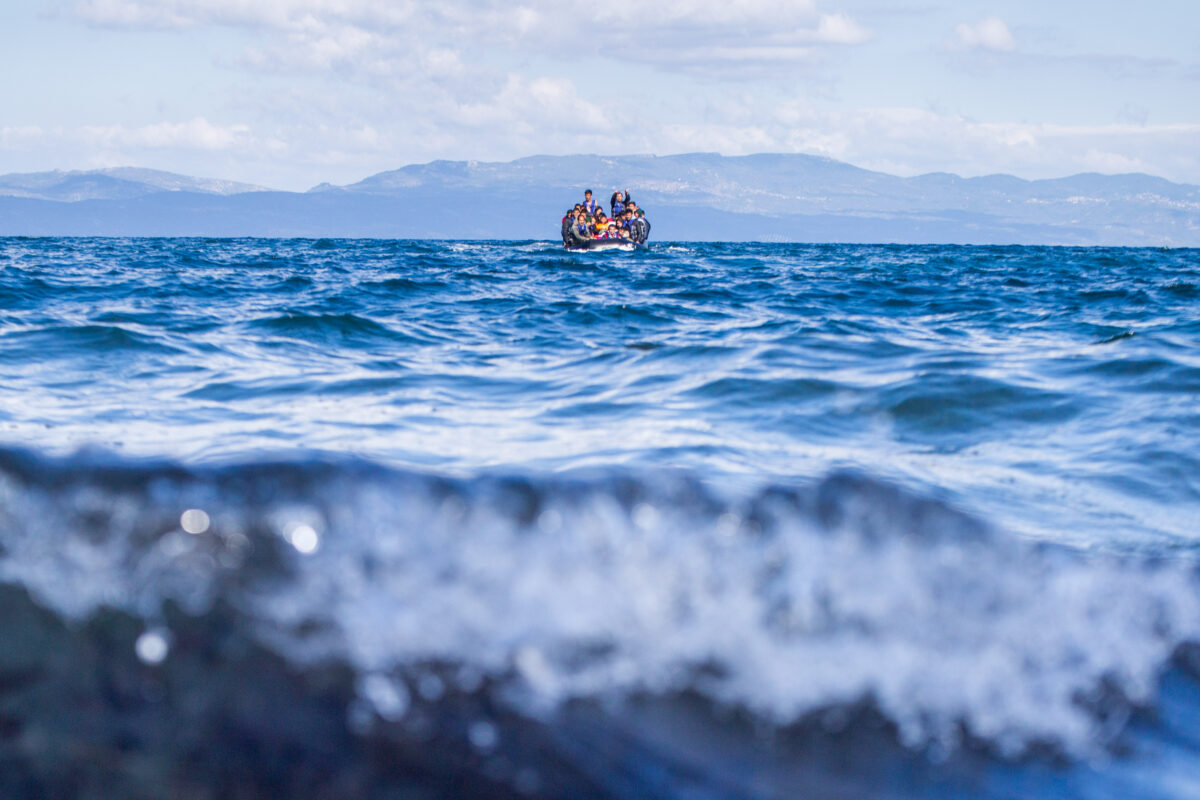Request: Cases of "drift-backs" in the Aegean Sea

I have put a question to the Commission about the documented „drift-backs“ in the Aegean Sea. To my question whether the Commission finally admits these human rights violations at the Greek border I receive once again no answer. The Commission remains vague in its statements and only points out that it has asked the Greek authorities to investigate all allegations. However, it is self-explanatory that this does not yield much when an authority that commits human rights violations itself is supposed to investigate its own misconduct. Now that this is the case, the Commission, as guardian of the treaties, should initiate infringement proceedings against Greece to clarify the widely documented violations of the rule of law and human rights. After all, our borders are only protected if our fundamental rights are also protected at them.
You can find the request with answers in several languages here.
My request
The research agency "Forensic Architecture" recently reported that the Greek Coast Guard, partly with the assistance of Frontex, has abandoned refugees on life rafts in 1,018 cases so that they would drift back from Greek waters to the Turkish coast, also known as "drift-back." Although there is growing evidence of this practice, the Commission's response to it so far has been very muted and ambiguous, giving the impression that it wants to cover up for the Greek state agencies instead of acting as a guardian of the treaties.
- Does the Commission intend to take joint action with Frontex with regard to the above cases, or does it expect the Greek Transparency Authority to make these incidents the subject of an independent investigation?
- In dealing with the systematic human rights violations alleged against the Greek Government, does the Commission take account of the conflict of interest in view of the party affiliation of Vice-President Margaritis Schinas, who is responsible in the College of Commissioners for promoting our European way of life?
- Is the Commission finally acknowledging the frequent and serious human rights violations at Greece's borders, following the publication of a long list of evidence by a wide range of established actors?
The reply of Ylva Johansson on behalf of the European Commission on 13.10.2022
- The responsibility for investigating alleged refoulements lies with the national authorities. In this context, the Greek authorities informed the Commission about measures taken to ensure the respect of fundamental rights. These include internal control procedures, investigations by independent authorities and the possibility for prosecutors to investigate allegations*. The Commission will continue to work with the Greek authorities to monitor progress made.
- Vice President Schinas has no conflict of interest. According to the Code of Conduct for Commission members, a conflict of interest exists when a personal interest may affect the independent performance of a Commission member's duties. Personal interests include, but are not limited to, potential
Benefits or advantages for the members themselves, their (spouses) partners or immediate family members. A conflict of interest does not exist if a commission member is affected merely as part of the general public or a broad section of the population. Consequently, affiliation with a political party as well as political convictions do not create a conflict of interest. - Member States have an obligation under EU law to prevent and deter unauthorized crossing of the EU's external borders in accordance with the Charter of Fundamental Rights of the European Union, including the right to asylum and the principle of non-refoulement. Respect for fundamental rights is a non-negotiable part of the implementation of integrated European border management, and the Commission has repeatedly called on the relevant national authorities to thoroughly investigate allegations and bring those responsible to justice where appropriate.
*According to the new proposals, the Greek authorities will continue to work on a three-tier structure, relying on: a) internal control procedures to investigate crimes related to Greek Police or Greek Coast Guard operations and to
to be prosecuted, b) investigations by independent authorities such as the Greek Ombudsman and the National Transparency Authority, and c) the ability of prosecutors to investigate allegations following an appropriate complaint or press and NGO reports. Most recently, the
Greek authorities to adopt legislation on June 30, 2022, following discussions between Commissioner Johansson and relevant ministers in Greece, including the establishment of a Fundamental Rights Commissioner and a specific Fundamental Rights Monitoring Committee within the Ministry of Migration and Asylum. The Fundamental Rights Officer and the Committee will deal with complaints related to both border operations and asylum procedures.